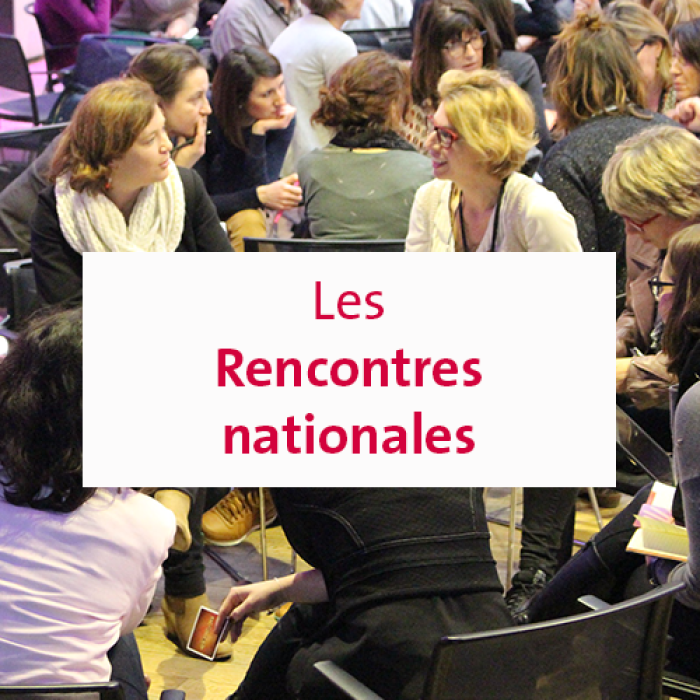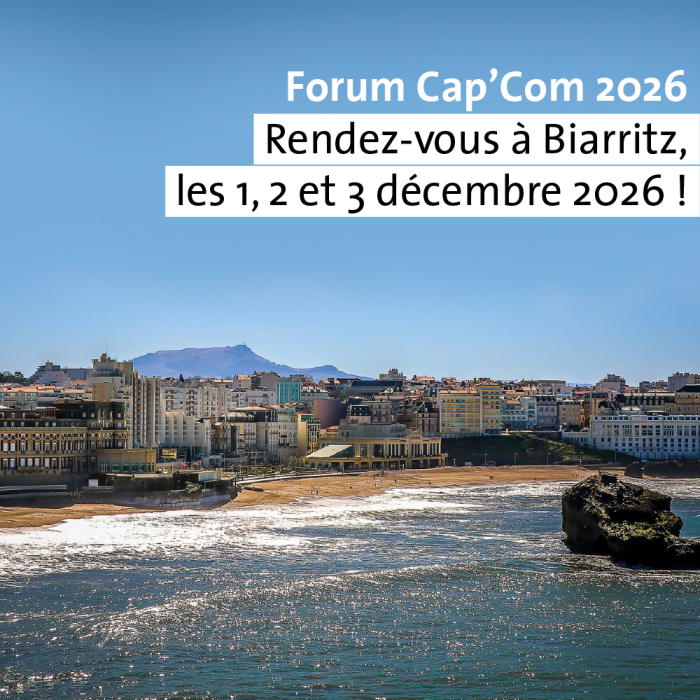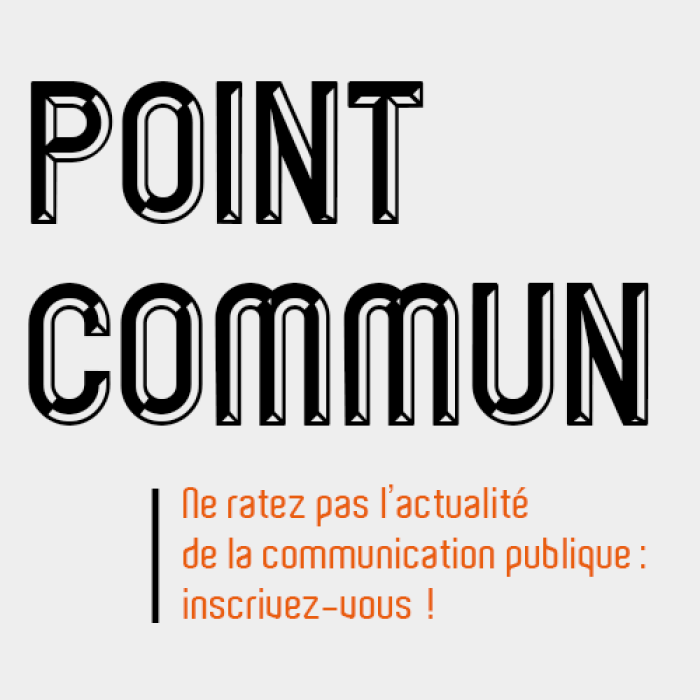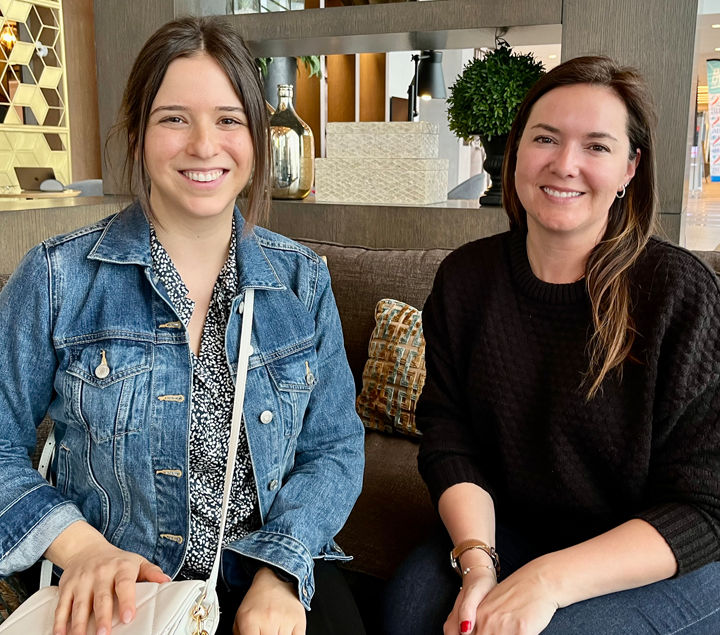
Adverse weather: when everything is down, how do you keep communication channels open?
This is a new concern for communicators: how to communicate when everything is down, due to water, freezing temperatures or wind, for example. Our witnesses recently experienced all three at the same time. Across the Atlantic, two communications managers from the Greater Montreal area talk about an exceptional weather event and how they coped. Their story echoes that of Sterenn Grall-Lavenir, territorial marketing and communications manager for Brest, in Brittany, which was severely affected by Storm Ciaran.
This interview with Geneviève Fournier, head of leisure, culture, community life and communications for the village of Senneville, and Kimberly Ouellette, head of communications and marketing for the town of Sainte-Anne-de-Bellevue, was conducted in Saint-Hyacinthe at the 2023 conference of the Association des Communicateurs Municipaux du Québec.
Commonality: What are the exceptional communication situations relating to climatic or weather events that you usually experience here in North America?
Geneviève Fournier: We have extreme heat or cold, as well as health issues related to water or simply the availability of water resources, particularly during periods of drought (for example, a ban on watering lawns). We act in broadly the same way on all these issues. I should also mention situations such as spring floods, freak storms, ice storms, snow storms, and let's not forget pandemics! Whatever happens, we have a dedicated contingency plan called the General Plan, which can be applied to several missions. Our mission is to communicate. But there may be other types of mission involved, such as disaster management or public safety. We have a charter that defines these missions and these communications are organised according to a trigger level. There are still disparities however between different levels of government.
Kimberly Ouellette: Yes, in our case, we have daily updates. When there's a weather event, we usually communicate digitally with a push notification system that we only activate in an emergency. That said, we do use printed paper for additional emergency measures, particularly for those directly affected, in the red zone. We hand-deliver communication to them. With regard to flooding specifically, because of the commercial spaces in our sector, we have two levels of deployment. This concerns a wide range of factors, including issues that don't immediately spring to mind, such as the consequences for the drinking water network. These issues have a direct impact on people, because contamination or water that is no longer drinkable will affect an entire sector. The water is cut off, and we need to provide accompanying information for health as well as public service reasons.
Commonality: How do you organise yourselves to deal with these situations?
Kimberly Ouellette: The best thing we can do when it comes to extreme weather is to equip people and tell them what's coming, so that they're ready for it. You have to plan ahead, that's a basic rule.
Even when a crisis is of a global or national nature, local people turn to us, to the municipality.
Geneviève Fournier: We soon noticed that even when a crisis is of a global or national nature, local people turn to us, to the municipality. Previously, after a certain point, I would refer people to the government website. But they don't naturally go there, so we accept their contact and their requests, and then redirect them.
Commonality: Sometimes one crisis leads to another, like when your networks were brought down by freezing rain recently. How do you react then?
Geneviève Fournier: The wi-fi and telephone systems went down at the same time! Nothing worked any more. Apart from the usual damage, from falling
Next time, we'll take to the streets with a megaphone!
Kimberly Ouellette: We used Facebook and social networks were our only means of communication, when it was still possible to get a connection... but next time, we'll take to the streets with a megaphone. We haven’t tried that yet!
Geneviève Fournier: We did our emergency communication online, but only 20% of the public actually read it. That makes us stop and think. However, we mustn't underestimate the community aspect, word of mouth, between neighbours.
People who have information can pass it on to their circle.
We can't measure it, but there is real solidarity between residents, and people who have information can pass it on to their circle. That's provided that our information is clearly identified and reliable, otherwise messages may be distorted or unverified information may be conveyed. To overcome this difficulty, and to compensate for the lack of audience for our publications on social networks, we had documents printed and the departments took them to the local area.
The municipality set up "hot spots" with electronic recharging facilities.
Kimberly Ouellette: During the most recent spell of extreme cold, most of the municipalities affected organised "hot spots" providing coffee as well as electronic recharging facilities. Because, in such cases, the power supply is down and residents need to be able to recharge their appliances to use the networks that are still working (or have just been restored). And that's exactly what gives them access to our information!
How Storm Ciaran affected public communication in Brest - France
Storm Ciaran hit Brest in the brittany region, in France, on the night of 1 November, during the holiday period for many services. Over 2,000 trees fell during the night of the storm, causing major damage to roads, public spaces, homes and schools (some had their roofs blown off).
“The managerial approach in the local authority, which is based on trust, means that we can get into 'crisis management mode' quickly and effectively”, explained Sterenn Grall-Lavenir, Director of Communications and Territorial Marketing for Brest City and Metropolitan Area. “Staff are hugely committed: even though no one was allowed to travel, a number of staff braved the elements to get to their workplaces and wait for instructions! Many of the road maintenance and green spaces department employees came back from their holidays and the temporary staff in place worked well.”
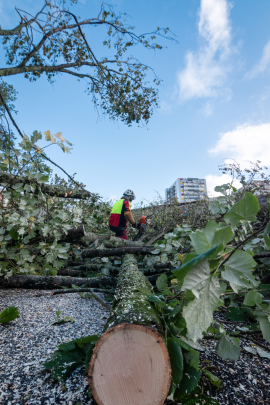
“Our crisis management organisation enabled us to react quickly from the morning of Thursday 2 November, when the first crisis unit was set up. The communications department forms part of the crisis unit, and the crisis communications processes in place within the local authority ensure a fast response. Together with the steering teams, it analyses the feedback from the field, the emergency situations and the priority actions to be taken, and of course decides what information needs to be communicated to the public. Our organisation is based on a close and permanent connection between the press and editorial unit of the communications department and the public telephone platform. As soon as a press release is issued, it is automatically picked up on our digital channels: news website and social networks. The statistics on the use of our tools show that the local authority's channels are clearly recognised by the public, who express strong support for our staff working in the field (comments left by Internet users). Once again, in times of crisis, public service takes on its full meaning and community support comes into its own.”

